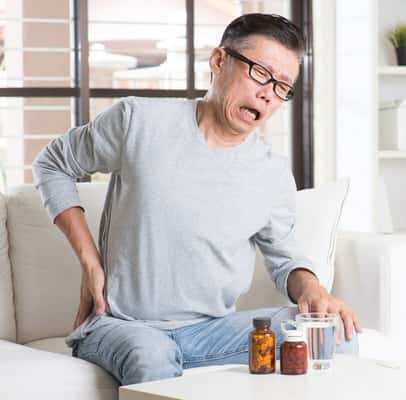
If you have ever had a kidney stone, you certainly do not long for the experience to recur. What can you do to prevent kidney stones? One reader found a simple prescription worked well.
Using Diuretics to Prevent Kidney Stones:
Q. I’ve had about twenty kidney stones over the years, with lithotripsy (shock wave) treatment three times.
My urologist put me on HCTZ, a diuretic, which flushed my kidneys. Since I started taking it, I have not had a single kidney stone.
A. Thank you for sharing your experience. Urologist Fredric Coe agrees that thiazide diuretics such as hydrochlorothiazide (HCTZ), chlorthalidone or indapamide can reduce the chance of kidney stones. Researchers have found that low-dose thiazides work as well as high doses to prevent kidney stones (Canadian Journal of Health and Disease, July 15, 2018).
Other Preventive Approaches:
Dr. Coe recommends some diet and lifestyle changes that can also help prevent kidney stones. Drinking plenty of fluids and avoiding foods rich in oxalate can help. Foods such as peanuts, rhubarb, spinach, beets, chocolate and sweet potatoes are especially rich in oxalate. You don’t have to shun them completely, but you should be cautious about portions.
You may wonder how much fluid you really need to consume. Experts generally advise you to drink enough so that you are producing at least two liters of urine a day. Most people need to consume more than three quarts of water to achieve that goal. That works out to about twelve cups of water, in case you were wondering (Medicine, July 2015). Although doctors sometimes warn against consuming tea, this study found that a couple of cups of tea or coffee daily were associated with a slightly lower risk of kidney stones.
Maintaining a healthy weight and following a DASH diet rich in vegetables and fruits (keeping in mind not to overdo on high-oxalate choices) can also discourage the development of kidney stones (Urolithiasis, Feb. 2019). In addition, doctors may prescribe potassium citrate or potassium bicarbonate.
Learn More:
You can learn more about kidney stones from our recent free podcast on the topic. It is Show 1148: What Can You Do About Kidney Stones?

